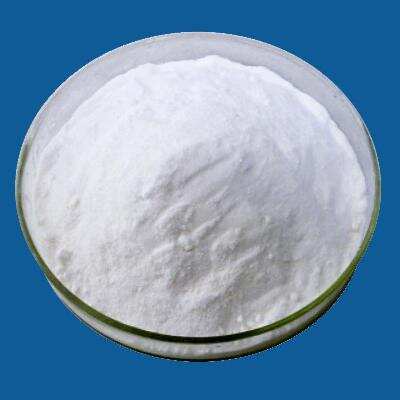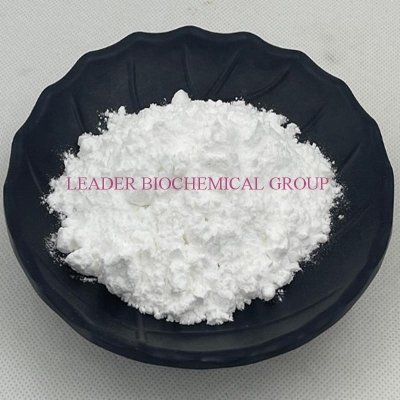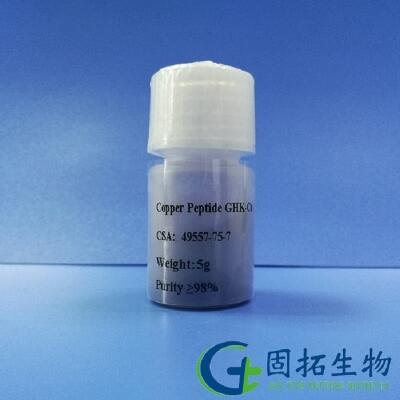-
Categories
-
Pharmaceutical Intermediates
-
Active Pharmaceutical Ingredients
-
Food Additives
- Industrial Coatings
- Agrochemicals
- Dyes and Pigments
- Surfactant
- Flavors and Fragrances
- Chemical Reagents
- Catalyst and Auxiliary
- Natural Products
- Inorganic Chemistry
-
Organic Chemistry
-
Biochemical Engineering
- Analytical Chemistry
-
Cosmetic Ingredient
- Water Treatment Chemical
-
Pharmaceutical Intermediates
Promotion
ECHEMI Mall
Wholesale
Weekly Price
Exhibition
News
-
Trade Service
Trans-1-benzoyl-4-phenyl-L-proline (BPP) is a naturally occurring amino acid that has been studied extensively in the field of organic chemistry and chemical biology.
In recent years, BPP has emerged as a promising building block for the synthesis of complex natural products, pharmaceuticals, and materials.
In this article, we will explore the various applications of BPP in the chemical industry and its potential as a versatile intermediate in organic synthesis.
One of the most significant applications of BPP is in the field of natural product synthesis.
BPP has been used as a versatile building block for the synthesis of a variety of natural products, including antibiotics, antifungals, and anticancer drugs.
For example, BPP has been used in the synthesis of fusidic acid, a widely used antibiotic, and the anticancer drug, epothilone B.
The use of BPP in natural product synthesis is attractive due to its unique chemical properties, which make it more resistant to acid and base-induced racemization than other amino acids.
In addition to its use in natural product synthesis, BPP has also found utility in the field of materials science.
BPP has been used as a building block for the synthesis of a variety of materials, including liquid crystals, nanoparticles, and electroactive polymers.
For example, BPP has been used in the synthesis of a new class of liquid crystals, which have potential applications in displays and optoelectronics.
BPP has also been used in the synthesis of nanoparticles, which have applications in catalysis, energy storage, and biomedicine.
BPP has also been used as a building block for the synthesis of pharmaceuticals.
In particular, it has been used in the synthesis of a variety of protein-targeting agents, including enzyme inhibitors and antibodies.
For example, BPP has been used in the synthesis of cimetidine, an H2-receptor antagonist used in the treatment of gastric ulcers.
BPP has also been used in the synthesis of cyclosporin A, an immunosuppressant drug used in transplantation medicine.
In addition to its use in natural product synthesis, BPP has also been used in the field of organic electronics.
BPP has been used as a building block for the synthesis of a variety of organic semiconductors, which have potential applications in electronic devices such as transistors, solar cells, and light-emitting diodes.
BPP has also been used in the synthesis of organic photovoltaics, which have potential applications in renewable energy technologies.
In conclusion, trans-1-benzoyl-4-phenyl-L-proline (BPP) is a versatile building block with a wide range of applications in the chemical industry.
Its unique chemical properties make it a valuable building block for the synthesis of natural products, materials, and pharmaceuticals.
BPP has also found utility in the field of organic electronics and is a promising building block for the synthesis of organic semiconductors and photovoltaics.
Its potential as a racemate-resistant building block also makes it an attractive option for the synthesis of enantiopure compounds.
Further research on the synthesis and applications of BPP is likely to lead to the development of new and improved chemicals, materials, and pharmaceuticals.







